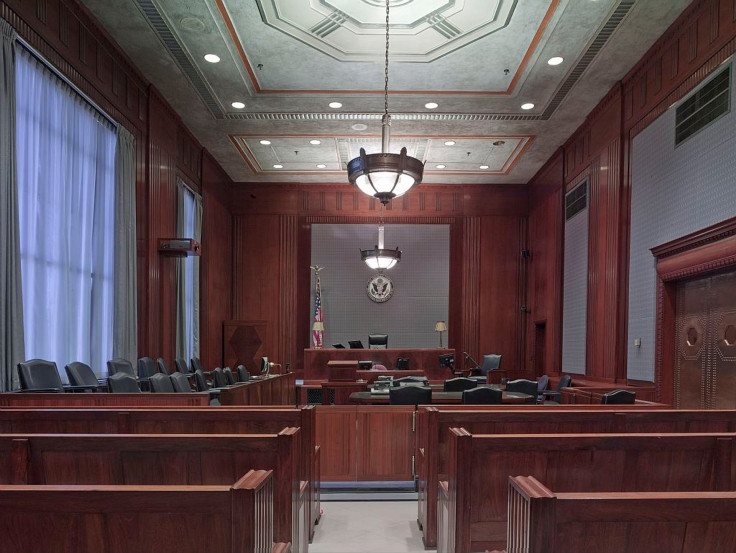
NEW YORK - The United States Immigration court system has an increasing backlog that has set a new record: in November, it reached 3 million pending cases, roughly one-third of them being asylum applications.
Over the past year, the backlog has increased by 1 million cases — the highest its ever been — according to an analysis of case-by-case court records obtained by The Transactional Records Access Celaring house (TRAC) at Syracuse University.
"It's truly shocking the volume of work that judges across the country have to address," said Judge Mimi Tsankov, president of the National Association of Immigration Judges (NAIJ) seated in New York City. "To put this in perspective, the backlog back in 2012 was about 300,000 cases, now the backlog just for New York is about 300,000 cases."
There are currently 1.6 million pending asylum cases — the largest total number of pending applications on record — and nearly 800,000 are backlogged. The influx of migrants, exacerbated by massive displacements caused by, among other events, the war in Ukraine, instability in Central American countries and elsewhere has been a main factor causing the increase in asylum applications.
Immigration judges are swamped: there are only 734 of them across the country, according to the Executive Office for Immigration Review (EOIR), and each must process an average of 4,500 pending cases. The Biden Administration requested 375 additional immigration judges for 2024, but without enough language interpreters and law clerks it wont be enough to combat the backlog.
"Its a help, but even that number will probably not be able to completely reduce the backlog," said Judge Tsankov.
In order for migrants to obtain legal status including asylum, they must attend hearings in front of a judge, and backlogs mean longer wait times. Lines outside immigration courts stretch out, some migrants even camping outside. The longer the waiting time, the more cities have to grapple with scarce resources and an influx of migrants.
The states with the largest number of pending cases include Texas, Florida, California and New York, according to TRAC. Each has taken their own measures to combat the rising number of migrants, causing controversy.
In Texas, Republican governor Greg Abbot signed law SB 4, allowing state police to arrest migrants who cross illegally into the United States from Mexico and local judges to deport them. The decision resulted in a lawsuit by civil rights organizations.
In New York City, Mayor Eric Adams has imposed 30 and 60-day shelter stay limits on migrants. He also filed a lawsuit against bus companies taking migrants into the city. Advocates worry that the shuffling of migrants throughout different city facilities will cause migrants to run the risk of missing their hearings, creating a lengthier backlog or worse, getting a deportation order.
"Delays are always problematic from the standpoint of the court, because our job is to provide due process to the parties that appear before us," said Judge Tsankov. "Justice delayed is justice denied."
© 2025 Latin Times. All rights reserved. Do not reproduce without permission.




